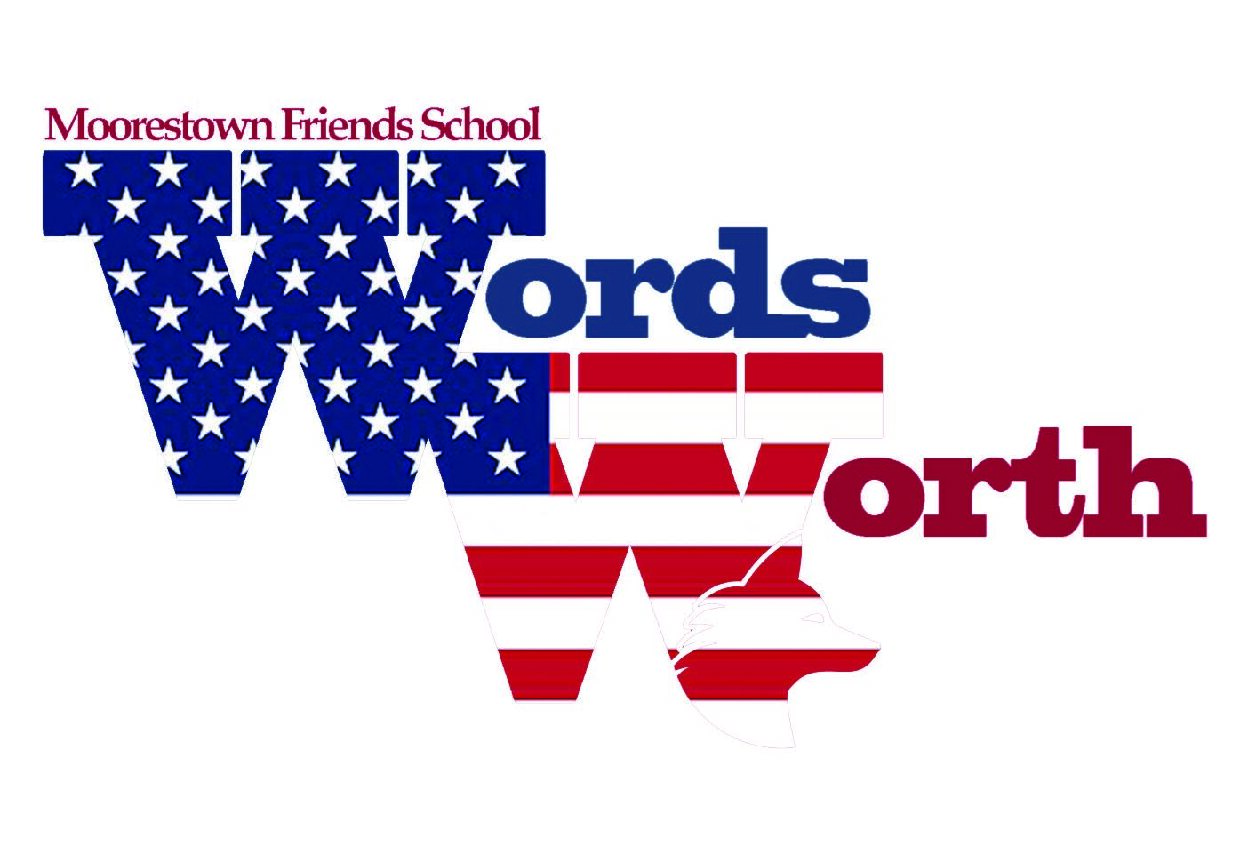
The Black Panther Party [members shown above in a demonstration) a black nationalist organization that has been defunct since 1982, has been thrust back into the national spotlight due to a controversial performance by popular artist Beyoncé. Photo courtesy of the State Governors’ Negative Collection, 1949-1975, Washington State Archives.
Following Beyoncé’s appearance at the Super Bowl and the release of her new video, Formation, public response has been increasingly varied. While some interpret Beyoncé’s newest video as a political critique on racism in America, other perceive it as a “police-hating” message.
Beyoncé’s Super Bowl performance was chock-full of historical and pop cultural references; the most obvious, her outfit, a throwback to Michael Jackson’s 1993 Super Bowl performance, in which he famously sang We are the World. With her outfit, Beyoncé referenced the song’s famous lyrics such as, “There comes a time when we hear a certain call, When the world must come together as one, There are people dying,” which still fit quite well today in the context of current movements such as Black Lives Matter.
However, the greatest controversy came from her backup dancers wearing berets, a well-known visual reference to the Black Panthers, a black nationalist organization that promoted the self-defense of African Americans through characteristic violent actions in the 1960s. Though this may be coincidental,, 2016 is also the 50th anniversary of the Black Panther Party. Beyoncé and her dancers also formed an “X” during the performance on the field, a possible hint at Malcolm X, an activist for black rights who was also associated with violent methods. After the performance, the Twittersphere exploded (pun intended) with tweets both praising and criticizing Beyoncé’s song and performance, both sides taking the analysis to an extreme.
Controversy over the “Formation” video was equally heavy; the video cited the Black Lives Matter movement several times, from walls spraypainted with “Stop Shooting Us,” to a line of police officers standing in front of a little boy, all with their hands up. In addition, boycotts for dining at Red Lobster have risen in response to a reference of the restaurant in the “Formation” lyrics. Red Lobster even tweeted about one of their products, mentioning Beyoncé on the day her song debuted, and have faced hate on Twitter for their support.
In addition, Saturday Night Live published a video post-Super Bowl titled, “The Day Beyoncé Turned Black,” featuring a dramatic trailer of white Americans whose lives were turned upside down when one day, they realized that Beyoncé was black.
The impact of “Formation” has gone far beyond social media, however; in response to Beyoncé’s perceived anti-police sentiment at the Super Bowl, the police union has called for a national boycott of working “paid off-duty events.” While police in North Carolina voted against this boycott and decided to work a concert, many officers nationwide are upset at the message Beyoncé has sent across the nation. Claiming that she has irresponsibly used her celebrity power to paint police as the enemy, the police union argues she should be helping to bridge the gap between the public and the police force in order to help solve social issues together.
Whether Beyonce’s performance was a brave anti-racist anthem, or an irresponsible anti-police message, it has inspired significant conversation nationwide. WordsWorth urges you to join that conversation in the comments below.








